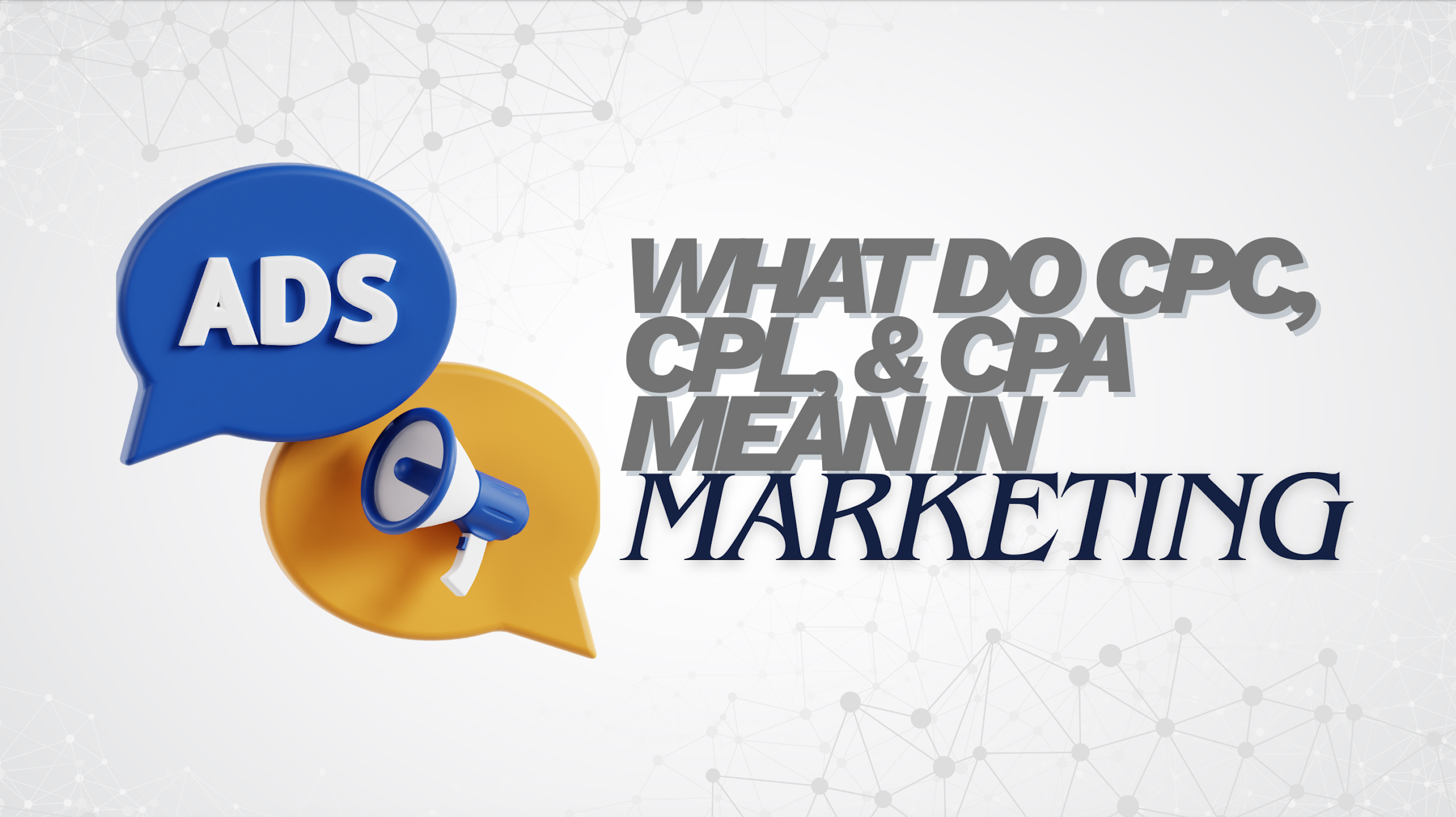What’s a Hashtag & Why is it Important to Marketing?

For many brands and content creators today, social media is an essential key to long-term success. Social media networks have now become a valuable space where people share facts, ideas, and opinions, making them the perfect marketing tools for business owners and influencers.
In this age, one product recommendation posted on a social media app can potentially reach a thousand eyeballs in a matter of minutes. However, success doesn’t come automatically. It takes good, consistent marketing to boost discoverability and brand exposure. These strategies often involve using hashtags to make it easy for people to find the content they need.
What is a Hashtag?
Hashtags are words or keyword phrases used to categorize and monitor topics on social media. They are metadata tags that group together posts around similar topics. Each hashtag begins with a pound sign (#) and cannot include spaces, symbols, and punctuation marks — just numbers, and letters.
Technology developer Chris Messina was the first to ever use hashtags for social media in 2007 to group Twitter conversations on the same themes. Since then, people have used them to organically reach new audiences on every platform.
Hashtags are still very much relevant today and essential to every social media strategy. Businesses leverage hashtags to help build awareness online and encourage engagement among their followers or customers.

Why are Hashtags Important?
Using the best hashtags is a surefire way to be found and heard in the vast digital landscape. With the right hashtag strategy, even small business owners with limited marketing budgets can promote their offerings, boost brand awareness, establish long-term relationships with followers and encourage audience interaction.
Businesses that regularly measure hashtag performance can quickly understand how their target audience and competitors behave on social media. Hashtags can help you gauge what content your audience wants to see, the kind of products and services they need, and their overall perception of your brand. In addition, hashtags can help you keep an eye on your rivals and spot "threats" to your business!
How to Use Hashtags on Each Social Media Platform
Now that you know what a hashtag is and why it’s important to marketing, let’s talk about how to use them on a few different platforms.
1. Instagram
Include only three to five hashtags per Instagram post. It's possible to put up to 30 per post and 10 per Instagram Story, but that doesn't always mean you should. Most users just add one to three at the end of their comments and captions. Type the hashtags next to the caption or leave them in the comment section after publishing your post. If you're a brick-and-mortar business, don't forget to test out location-specific hashtags!
Integrating at least one hashtag in your business's Instagram bio is another excellent idea. While they won't make your profile searchable under those specific hashtags, they can still help showcase your products, services, and promotions. It can either be a broad hashtag or a brand-specific one not used by any of your competitors.

2. TikTok
TikTok is known for its bite-sized content, so the most popular hashtags focus on dance and entertainment, reaching billions of views. While taking advantage of trends related to these topics is great, you’ll have a better chance of standing out when you use hashtags that are not too saturated.
Browse the discover tab or use the search bar to look for the best hashtags. Then, use three to five hashtags per post. Since TikTok captions are limited to 300 characters, make your captions and hashtags short and sweet. If you can, mix new, less competitive niche hashtags with the most popular ones to increase the visibility of your videos. For example, we can see that #socialmediatip is more competitive, with 15.6 million views.

However, #socialmediamarketingstrategist has just 353.4 thousand views — far less saturated.

3. LinkedIn
There is no hashtag limit on Linkedin. However, try to stick to about four hashtags using relevant keywords. This should be enough to help you find new, valuable connections and increase engagement on LinkedIn. Instead of incorporating a lot of hashtags, only use those that appear professional and can improve reach and relevance.
Consider using a combination of two broad hashtags and two niche hashtags. Using broad hashtags will help increase reach, while a niche or custom brand hashtag will cater to your specific target audience.
Monitoring hashtags in this business-oriented platform is easy, as it allows you to discover hashtags by simply typing them in the search bar and then following those relevant to you.
4. Twitter
Although there’s no limit to the number of hashtags you can use in a tweet (although Twitter’s character count is fairly limiting as it is), research has shown that three to five hashtags typically result in higher engagement on the platform. So, take your time choosing the right hashtags, especially if you’re trying to create a new one for a campaign.
Type your preferred hashtag in the search bar and check the results. This step is essential when using existing hashtags and ensuring that your hashtag has never been used before. You’re welcome to use them anywhere in your tweet, even in the comments you add when you retweet.
5. Facebook
Hashtags are not very popular on Facebook, but they can still work. Two or three hashtags are enough for each post, whether in a Facebook profile, page, or group. Since this platform isn’t hashtag-heavy, the hashtags must be straightforward, shorter, and easier to remember.
Monitoring hashtag performance on Facebook can be challenging for marketers and business owners, considering that many hashtags come from private user profiles, events, and groups. On the other hand, Facebook hashtags posted on public pages are easily tracked using their unique URLs (facebook.com/hashtag/_____).

Use Hashtags to Grow Your Social Media Audience
When it comes to using hashtags, each social media platform has its own rules and recommendations. These best practices and features constantly change based on available technology and user preferences. Thus, stay informed about all the changes to ensure that you're using the right hashtag approach that contributes to a stronger digital presence. Ultimately, it's all about raising awareness and sparking conversations that can benefit your business.
To unlock the power of hashtags for your business, talk to a social media expert. Book a free consultation with LSM today!





